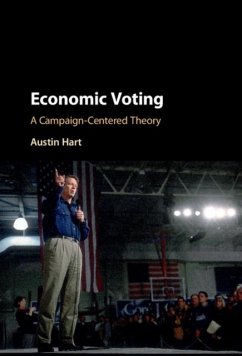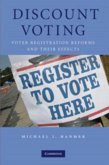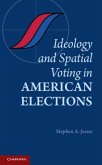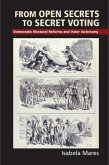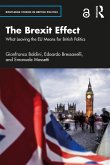The conventional wisdom of economic voting theory argues that a nation's economic performance drives electoral outcomes. Therefore, voters will hold an administration accountable for its economic stewardship. Austin Hart challenges the simplicity of this notion, drawing on cognitive-psychological research on priming to demonstrate that the intensity of voters' exposure to economic campaign messages systematically conditions the strength of the economic vote. However, this study goes further than simply saying 'campaigns matter'. Here, we learn that candidates who control the campaign narrative can capitalize on favorable economic conditions or - contrary to the predictions of conventional theory - overcome unfavorable conditions. Although the aim is not to dismiss the importance of structural variables in the study of elections, Hart shows that the choices candidates make about what to say and how often shape election outcomes in ways that cannot be explained by contextual or institutional forces alone.
Dieser Download kann aus rechtlichen Gründen nur mit Rechnungsadresse in A, B, BG, CY, CZ, D, DK, EW, E, FIN, F, GR, HR, H, IRL, I, LT, L, LR, M, NL, PL, P, R, S, SLO, SK ausgeliefert werden.

